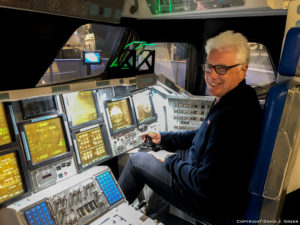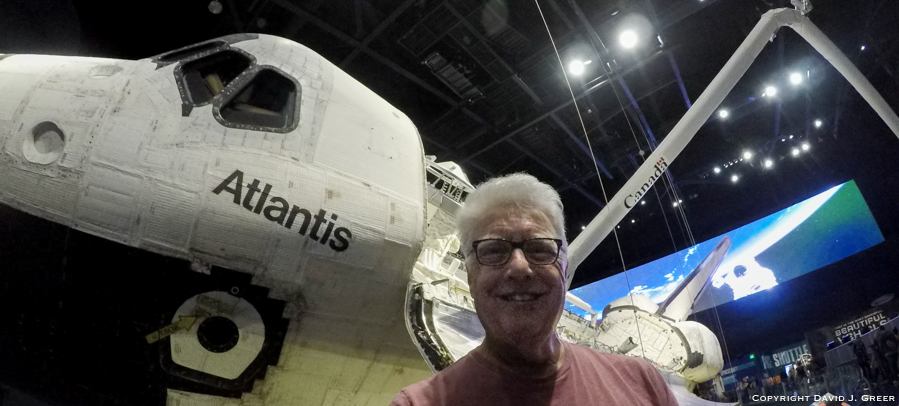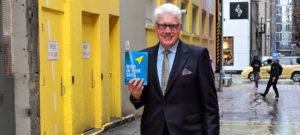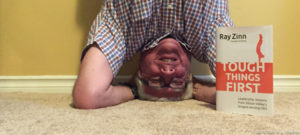I walked into the Kennedy Space Center and looked up at the rocket park. I was transported back in time as suddenly my 10-year old self remembered the wonderment and excitement of tracking the space program.
Wonder
I was a science and space geek before the term was even invented. I was eleven when Apollo 11 launched. I remember sitting with my family as we watched live as Neil Armstrong put that first foot on the moon for all mankind.
Standing under the rockets that defined the American space program, my little boy wonder returned. The feeling that anything is possible. The belief that I would use science as the platform for my future.
Rediscovering my wonderment after six decades on the planet was a gift. It reminded me that anything is still possible for me. I can still dream. I can be in wonder and awe all over again.
Vision
In Grade 8, my science class was taken for a tour of the government buildings in my hometown. As we walked by the windows, I remember looking into a massive computer room, electronic boxes spread out as far as I could see, while in the background I could see spinning tape drives. It was then that I decided that my vision was to combine computers and business.
To be involved in space exploration, you have to have visions that span a decade or more. Kennedy set a vision and a timeline in 1962 when he gave his “moon speech” at Rice University that before the end of that decade America would send men to the moon and safely return them. Many thought the goal was impossible. There were tremendous setbacks, including the fire onboard Apollo 1 that killed astronauts Grissom, White, and Chaffee. Having the clarity of vision and the actions, including financial backing, saw the first two men walk on the moon in July 1969.
Teamwork
In the Apollo 11 documentary celebrating the 50th anniversary of landing on the moon, we see hundreds of people in mission control managing the lift off and flight of the Apollo mission. While everyone had specialized jobs, one person had overall responsibility of go/no go decisions. That was the Chief Flight Director, the best known of which is Gene Kranz.
While visiting the Kennedy Space Center, I watched the presentation on the lunar landing. Kranz was the Chief Flight Director on duty. The film shows that during the landing of the Apollo 11 lunar module, data and voice communications were lost to the lunar lander. As information poured in from individual stations in mission control, Kranz listened to it all and then was the one person who made the decision to keep going. The rest is history.
For You
As entrepreneurs, you can apply these lessons to your business. Stay with the wonder that caused you to start your business in the first place. Make sure that everyone knows what your vision is for your business. Build a team who are truly capable and smarter than you, so that you can make the right decisions at the right time.
Blast off on your mission.





